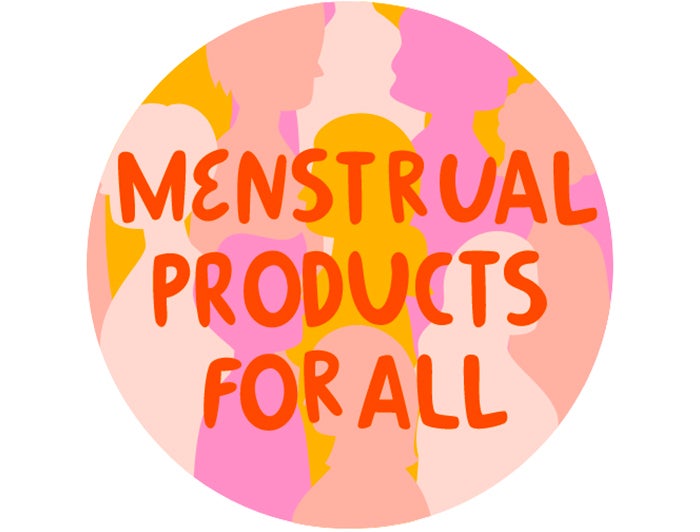Pixies to the rescue: Fighting period Poverty in South Carolina
Medical University of South Carolina Children’s Health
Charleston, S.C.

In mythology, pixies are tricky creatures – sometimes pests, but sometimes helpful. The Lowcountry Period Pixies are definitely the latter, as the organization collects menstrual products to give to those who need them. It’s just that there never seems to be enough products to go around. So three pediatric residents at the Medical University of South Carolina Children’s Health stepped in to help.
Melanie Gray, M.D., Ashley Perdue, M.D. and Sarah Olson, M.D. were awarded a grant from the organization Community Access to Child Health and reached out to the Period Pixies to team up. The doctors’ plan is to survey young women about their knowledge of menstruation, and then develop educational materials that will be included in the free period products. A follow-up survey will determine if the materials made a difference not only in the women’s knowledge, but if it reduced the stigma surrounding menstruation. A survey cited in the proposal reported that, out of 1,000 girls and young women ages 13 to 19 in the U.S., 25% have missed school due to lack of period products, and a majority thought that periods had negative connotations like being “gross” or “unsanitary.”
Gray said too many girls are left to figure out how to handle menstruation on their own.
“In talking to girls, it becomes immediately clear that no one's really talked to them about their period or their menstrual cycle, and no one's helped them either access supplies or know how to use them,” she said.
Now Gray and her counterparts will work directly with a local high school, as well as a multilingual, multicultural health clinic in the area.
Ultimately they hope to help at least 200 young women get the supplies and education they need – and help them feel better about a natural function.

